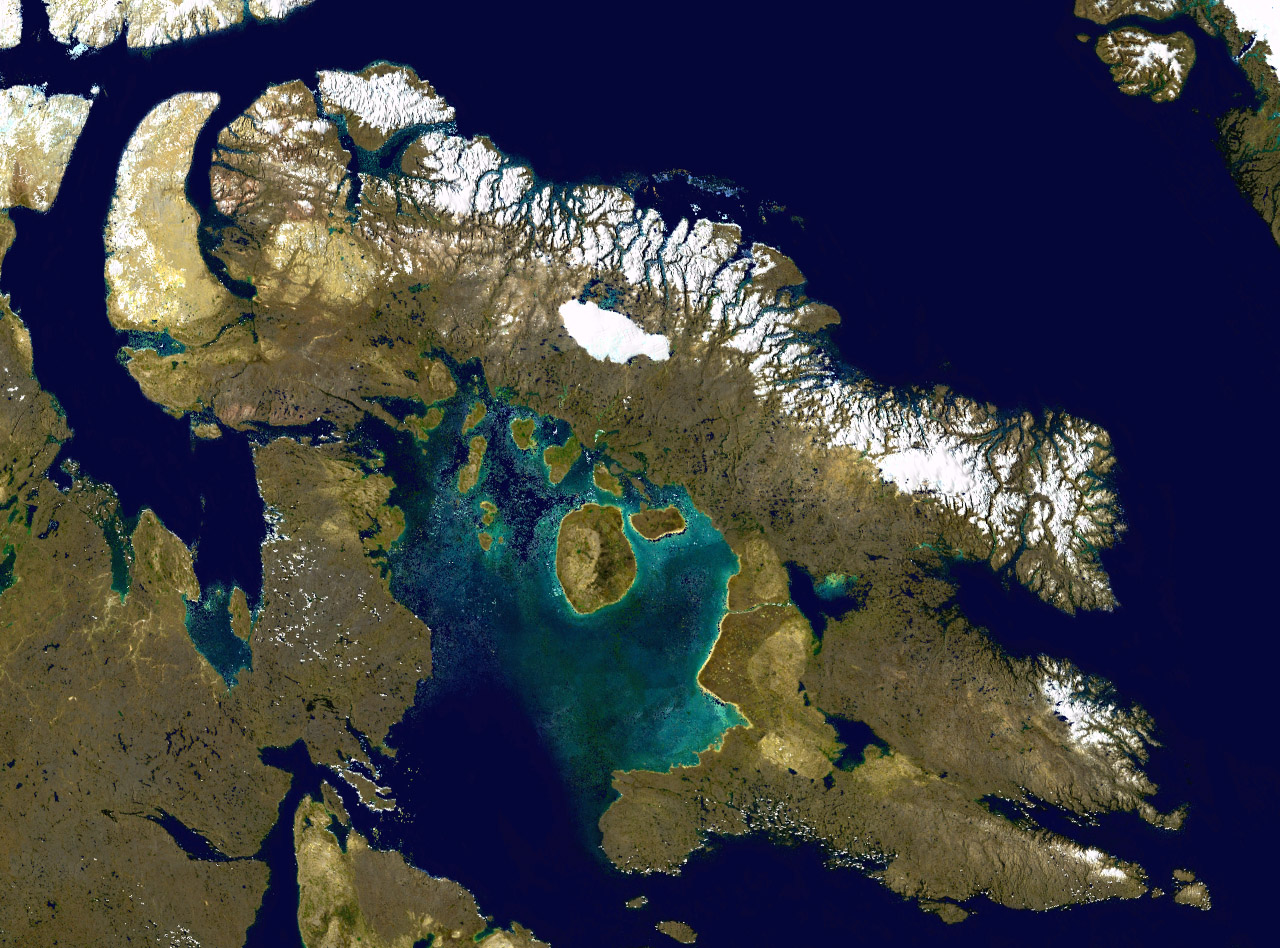Despite investigation, a mysterious sound coming from beneath Canada’s Arctic Ocean remains a mystery
Earlier this week, a Canadian military plane flew a surveillance mission seeking the source of a mysterious underwater sound reported in the region of Hecla and Fury Strait.
The sound was first reported by hunters from Igloolik, Nunavut, a village south of the strait. In late October, Paul Quassa, a member of Nunavut’s legislative assembly raised the prospect that the sound—usually described as a “pinging” noise—might be scaring off marine mammals, reports Nunatsiaq News.

One explanation centered on sonar surveys conducted by mining companies. But Baffinland Iron Mines Corporation, which has performed such work in nearby areas, told CBC News that it wasn’t currently conducting surveys and did not have equipment in the water.
Another explanation—that environmental groups might be intentionally scaring animals away from Inuit hunters—met a similar denial.
“Not only would we not do anything to harm marine life, but we very much respect the right of Inuit to hunt and would definitely not want to impact that in any way,” a Toronto-based spokeswoman for Greenpeace told CBC.
When queries to regulatory agencies turned up no permits that had been issued for such devices for the region, the office of Nunavut Premier Peter Taptuna contacted Canada’s Department of National Defense.
On Tuesday, the Canadian Forces sent a CP-140 Aurora aircraft to the area, to investigate, but found nothing connected to the sounds.
“The air crew performed various multi-sensor searches in the area, including an acoustic search for 1.5 hours, without detecting any acoustic anomalies,” a National Defense spokesman told the Ottawa Citizen. “The crew did not detect any surface or subsurface contacts.”
Crew members did spot two pods of whales and six walruses.
In a speech to Nunavut’s legislature, Quassa, who’d first raised the issue, thanked defense officials, but also asked hunters to continue to listen for the sounds.
“We want to thank the DND for doing an investigation on this right away after we informed them and I know that they will keep investigating this and they will be kept informed by the hunters as well and they will inform the hunters as to what they find,” Quassa said, according to a report from Nunatsiaq News.
“I encourage hunters to keep telling the DND what they hear.”
According to The Guardian, the Defense Department says it has no plans to investigate further.
Read more:
Russia puzzled at Norway’s decision to allow stationing of U.S. troops in 2017
Nunavut will send Finnish-style baby box care packages to all newborns